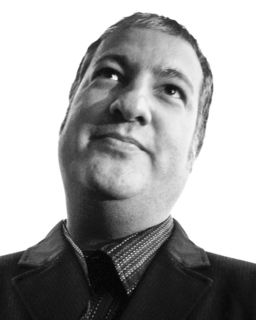A Quote by Douglas Sirk
The war was the end of an era, in art as well. And we were trying to create a new philosophy.
Related Quotes
Art makes people do a double take and then, if they're looking at the picture, maybe they'll read the text under it that says, "Come to Union Square, For Anti-War Meeting Friday." I've been operating that way ever since - that art is a means to an end rather than simply an end in itself. In art school we're always taught that art is an end in itself - art for art's sake, expressing yourself, and that that's enough.
During my childhood and teenage years, everything I knew was at war. My mother and father were at war. My sister and I were at war. I was at war with my atypical nature, desperately trying to fit in and be normal. Even my genes were at war - the cool Swiss-German side versus the hot-headed Corsican.
It was Harry Patch, who was the last living World War I veteran; and by veteran I mean someone who actually fought in the war, he didn't just happen to be in the army at that time, in the Great War. And when the Iraq War started, he was interviewed, and they said, well what do you think of this? And he said, in a very sad voice, "Well, that's why my mates died. We thought we were going to end all that sort of thing."
I was born just after the end of World War II, and with my friends in our little suburban backyards in New Jersey, we used to play war a lot. I don't know if boys still play war, they probably do, but we were thrusting ourselves into recent history and we were always fighting either the Nazis or the Japanese.
The sad reality is that all the well-meaning groups and individuals who challenge our permanent war economy and the doctrine of preemptive war, who care about sustainable energy, fight for civil liberties and want corporate malfeasance to end, were once again suckered by the Democratic Party. They were had. It is not a new story. The Democrats have been doing this to us since Bill Clinton. It is the same old merry-go-round, only with Obama branding.
I worry more about the marketing that's taken hold since the 70s. The Jazz era, the Swing era, those were huge. Entire decades were named for music. In the 1940s - after World War II - changes in taxation, ballrooms closing, people moving to the suburbs, and the onset of target marketing and the confusion of commerce with art caused some things to happen as a result that have taken us away from jazz and what jazz offers us.






































